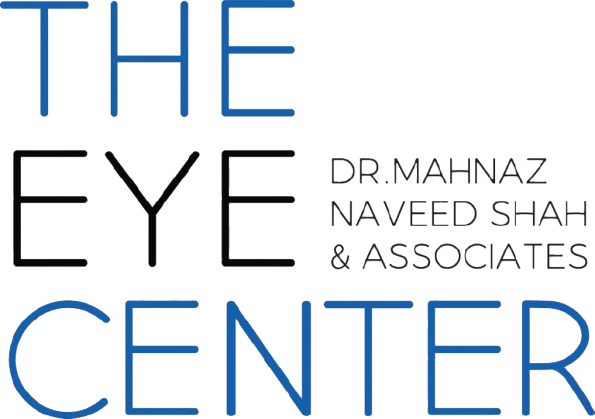Possible Side Effects of Cataract Surgery
Cataract surgery is a safe and effective procedure to restore clear vision, but like any surgical intervention, it may have some temporary side effects. Most of these are mild and resolve within a few days or weeks, but it is important to be aware of potential post-surgical symptoms. Common side effects of cataract surgery include […]
Advanced Retinal Laser Surgery in Karachi
Laser surgery is a highly effective treatment for various retinal conditions, helping to prevent vision loss and stabilize eyesight. This advanced procedure is commonly used to manage diabetic retinopathy, retinal tears, macular edema, and retinal vein occlusion, reducing the risk of further complications and preserving visual health. At The Eye Center – Dr. Mahnaz Naveed […]
Expert Retinal Care and Surgery in Karachi
For those in need of advanced retinal surgery in Karachi, it is important to consult a highly skilled ophthalmic surgeon who employs state-of-the-art technology and clinically proven techniques to deliver optimal visual results. Retinal diseases, if not treated in time, can result in significant vision loss or even blindness, highlighting the importance of prompt surgical […]
Top Eye Specialist for Glaucoma in Karachi
Glaucoma is a serious eye condition that can lead to permanent vision loss if left untreated. Finding the right specialist is crucial for effective management and treatment. If you are searching for the top eye specialist for glaucoma in Karachi, please reach out The Eye Center – Dr. Mahnaz Naveed Shah & Associates. At The […]
How Successful Is Cataract Surgery?
Cataract surgery is one of the most successful and commonly performed surgical procedures worldwide. It has a success rate of over 95%, with the majority of patients experiencing significantly improved vision. Advanced surgical techniques and modern intraocular lenses (IOLs) contribute to these excellent outcomes. While most patients achieve clear vision, individual results can vary based […]
I Have Uveitis. What Can It Do to My Vision?
Source By: American Academy of Ophthalmology Uveitis is an inflammation of the uvea, the middle layer of the eye, which includes the iris, ciliary body, and choroid. It can affect one or both eyes and may cause a range of symptoms, from eye redness and pain to blurred vision. If left untreated, uveitis can lead […]
Why Is Surgeon Experience Important in Cataract Surgery?
Source By: American Academy of Ophthalmology Cataract surgery is one of the most common and successful procedures performed today. However, the experience and skill of your surgeon are crucial in achieving the best results. At The Eye Center, we understand the importance of expertise in ensuring your safety and optimal visual outcomes. Our experienced surgeons, […]
FAQ’s on Cataract Surgery
Cataract surgery is a quick, safe, painless procedure in which the cloudy lens causing vision disturbance is removed and replaced with an artificial intraocular lens implant. Frequently asked questions regarding cataract surgery What is the best time to get a cataract surgery? When you notice that even with prescription glasses the blurry vision is hindering […]
Glaucoma Surgery Recovery: What to Expect and How We Care for You
At The Eye Center – Dr. Mahnaz Naveed Shah & Associates, Karachi, we understand that recovering from glaucoma surgery can be a source of concern for many patients. Our dedicated team is here to provide compassionate support and guidance throughout your recovery journey, ensuring you have all the information and care you need to heal […]
Comprehensive Glaucoma Care at Eye Center- Dr. Mahnaz Naveed Shah & Associates, Karachi
Managing glaucoma is a lifelong journey that requires advanced treatments, continuous monitoring, and personalized care. At The Eye Center Karachi, we provide comprehensive support from diagnosis to post-operative recovery, ensuring the best outcomes for our patients. Early Diagnosis and Treatment Plans We use advanced diagnostic tools like OCT and visual field testing to detect glaucoma […]
